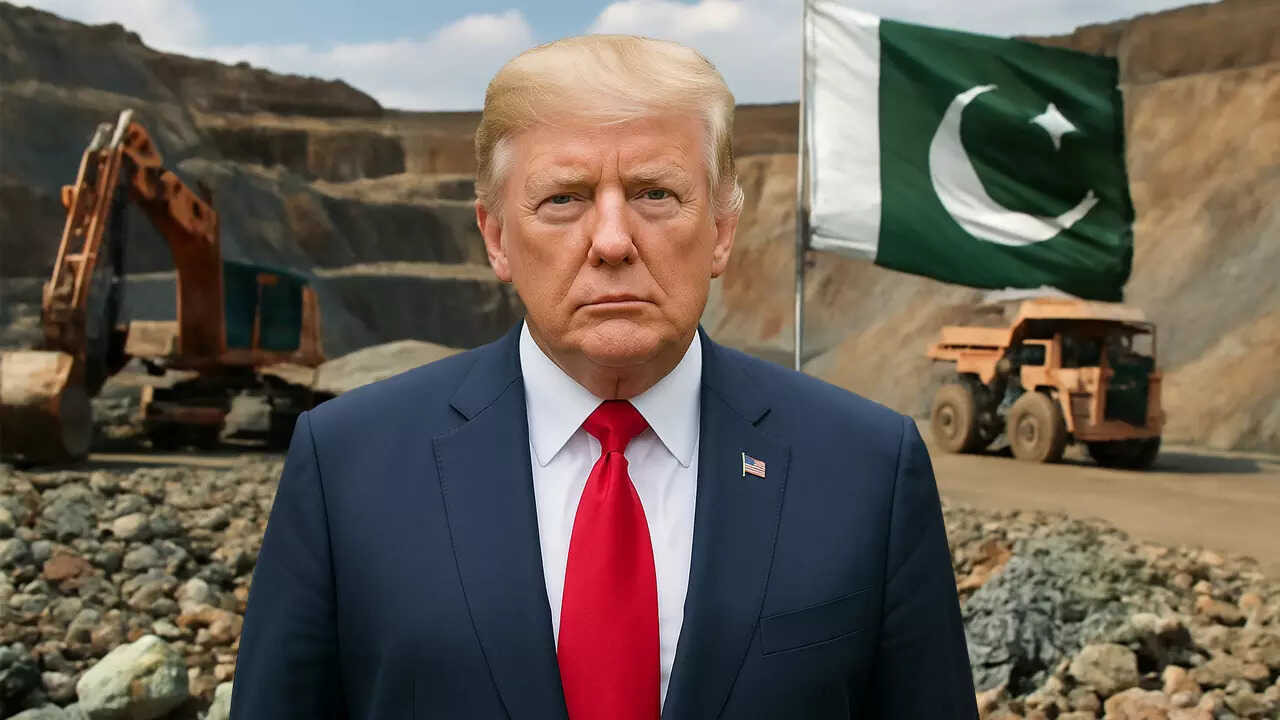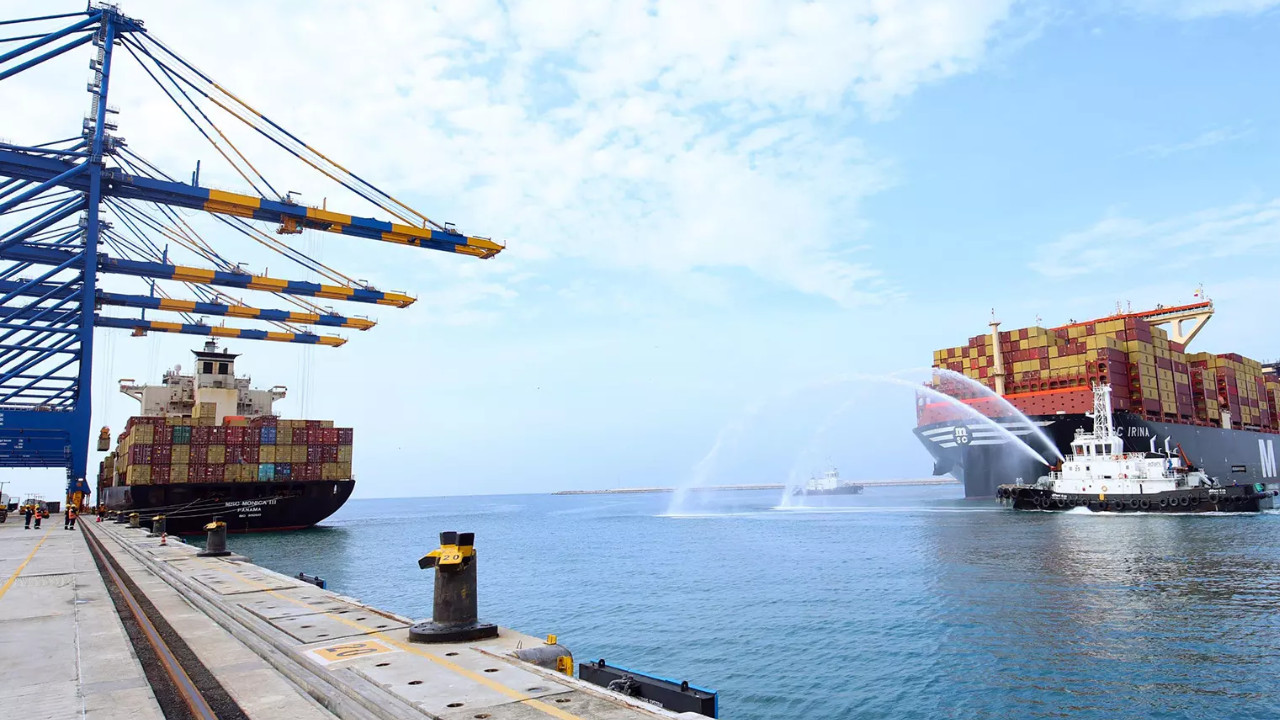The US designation of the Baloch Liberation Army as a terrorist group strengthens Pakistan’s stance against Baloch activists and potentially opens doors for American mining companies to access Balochistan’s rare earth deposits. Improved US-Pakistan relations, especially under Trump 2.0, have involved discussions on these mineral opportunities.
Blog Post:
Is Trump’s Move on Pakistan a Rare Earth Strategy in Disguise?
Donald Trump’s recent actions concerning Pakistan have raised eyebrows across the geopolitical landscape. Beyond the immediate implications for regional stability, whispers are growing that this might be a strategic chess move aimed at securing America’s access to vital rare earth minerals. Is the US taking a new step in challenging China’s dominance in this critical sector?

For years, China has held a near-monopoly on the mining and processing of rare earth elements (REEs). These materials, despite their name, are abundant in the Earth’s crust, but are difficult and expensive to extract and refine. They’re indispensable components in everything from smartphones and electric vehicles to defense systems and renewable energy technologies. This dominance gives China considerable leverage in global trade and technology.
Pakistan’s Untapped Potential: A Rare Earth Treasure Trove?
Pakistan possesses significant, largely untapped reserves of rare earth minerals. While the exact extent is still being explored, geological surveys suggest substantial deposits, particularly in areas where security concerns have historically hampered exploration and development. This is where the potential connection to Trump’s actions comes into play.
The narrative suggests that by creating a more favorable political and security environment in the region, the US could potentially pave the way for American companies to access and develop these resources. This wouldn’t be a direct takeover, of course, but rather strategic partnerships and investments that give American firms a foothold in the Pakistani rare earth market. It’s a long game, but the potential payoff is immense.
Beyond Regional Politics: The Bigger Picture of Rare Earth Elements
The implications extend far beyond the bilateral relationship between the US and Pakistan. It’s about challenging China’s grip on a strategic resource. The global race for rare earth dominance is heating up, with countries like Australia, Canada, and even those in Africa actively seeking to diversify the supply chain.
This isn’t just about economic competition; it’s about national security. Dependence on a single supplier for such crucial materials creates vulnerability. Imagine a scenario where geopolitical tensions escalate, and China restricts rare earth exports. The consequences for the US and its allies would be severe, impacting everything from defense production to the rollout of green technologies.
The Balochistan Angle: Security and Strategic Interests
Much of Pakistan’s untapped rare earth potential lies within the Balochistan province. This region has been plagued by instability, insurgency, and separatist movements for decades. Improved security is crucial for any large-scale mining operation to succeed.
Some suggest that Trump’s policies might be aimed at strengthening Pakistan’s ability to secure Balochistan, indirectly creating a more attractive environment for foreign investment in the mining sector. This is where the narrative becomes complex, intertwining economic interests with regional politics and security concerns. The question is not just about accessing the rare earths but doing so responsibly and ethically, ensuring that local communities benefit and environmental standards are upheld.
This strategy also aligns with broader US efforts to diversify its supply chains and reduce reliance on China. The US has been actively encouraging domestic rare earth production and exploring alternative sources globally.
China’s Response: Watching and Waiting
How will China react? Undoubtedly, Beijing is closely monitoring the situation. Any move by the US to secure access to Pakistani rare earths will be viewed as a direct challenge to China’s dominance. We can expect a multifaceted response, ranging from diplomatic pressure and economic incentives to potentially increased investment in other rare earth-rich regions.
The global rare earth landscape is evolving rapidly. New discoveries, technological advancements in extraction and processing, and shifting geopolitical dynamics will all play a role in shaping the future. Whether or not Trump’s actions were specifically aimed at accessing Pakistani rare earths, they have undoubtedly highlighted the strategic importance of these materials and the urgent need for diversification.
Conclusion: A New Chapter in the Rare Earth Race?
The situation remains fluid and complex. Whether Trump’s moves represent a deliberate strategy to secure American access to Pakistani rare earths or simply a convergence of geopolitical interests, one thing is clear: the global race for these critical minerals is intensifying. The coming years will reveal whether the US can successfully challenge China’s dominance and secure a more diversified and resilient supply chain for these essential elements. Understanding the role of rare earths in global strategy is more critical than ever.
Related Content: [Link to an article about rare earth mining or international trade on the same site]







